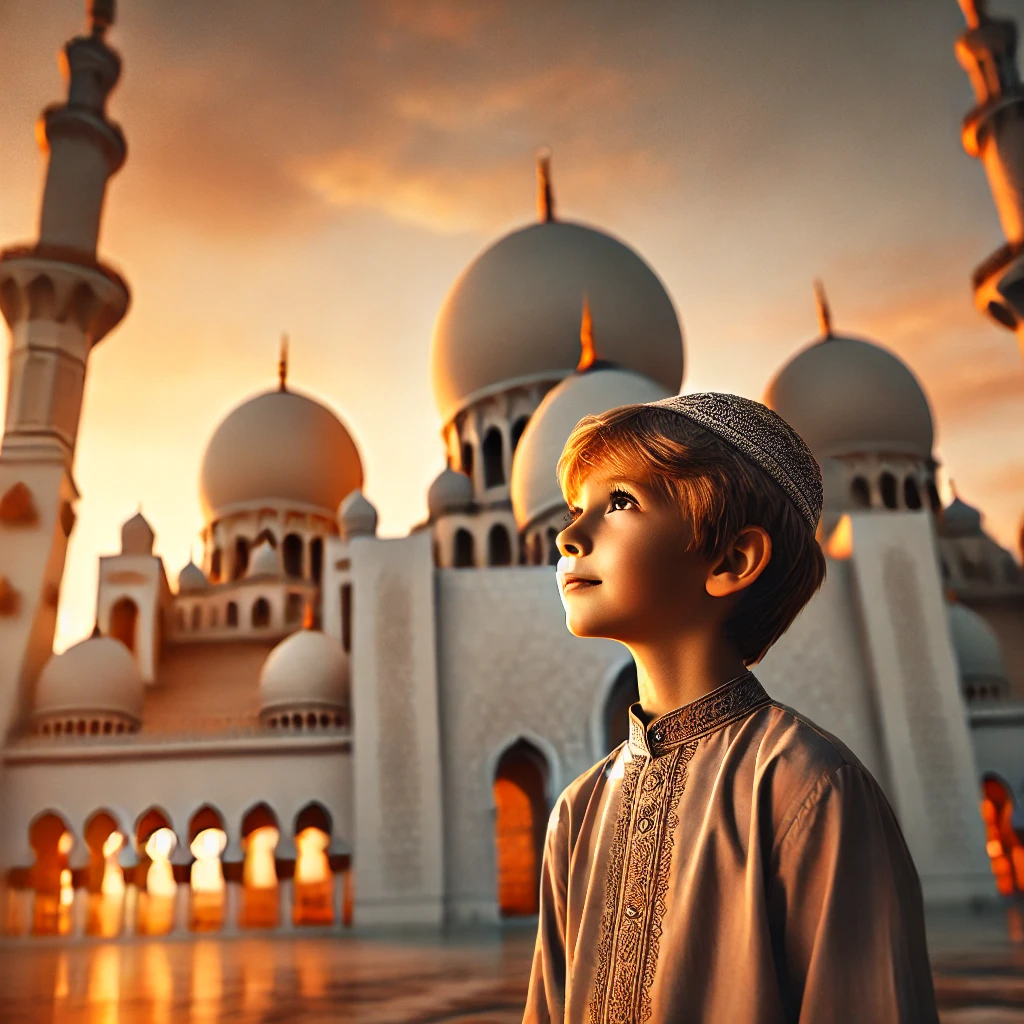The Role of Religion in Our Lives
Religion is such a strong part of many people’s lives that, sooner or later, one must talk about it—whether with others or within oneself. No matter how much one tries to avoid the topic, it inevitably arises, as it defines who we are, who we become, and the values we uphold.
It influences our interactions, friendships, aspirations, and even our major life decisions—whom we marry, where we study, and which institutions we attend. Religion shapes our ideology, our sense of morality, and the way we perceive others and are perceived in return. It dictates our charitable actions, political ideologies, and often, our overall sense of contentment. Whether one acknowledges it or not, religion touches various aspects of life. Even those who claim to have no religious beliefs are often indirectly influenced by religious values and traditions in some way.
In this blog, I explore religion from a historical perspective. Over the last two decades, I have read extensively on the subject and taken more than a dozen courses from The Great Courses on comparative religions. This has broadened my understanding of how religious narratives overlap, how ideas transfer from one faith to another, and how belief systems evolve.
By definition, every religion claims that its supreme deity is the one true God, making all other religions, by implication, incorrect. With approximately 4,200 religions in recorded history, each asserting its own truth, the probability of any one being "right" is statistically minuscule. Even within a single religion, sects emerge, each asserting its own correctness, leading to further divisions.
At its core, religion is storytelling. Humans are naturally drawn to stories—they captivate us, engage our imagination, and shape our beliefs. Every religion has its own set of narratives—miracles, divine revelations, supernatural events—all structured to inspire faith. The power of these stories does not necessarily lie in their factual accuracy but in their ability to provide guidance, meaning, and a moral framework for life.
This raises a fundamental question: Why must we believe in religious teachings rather than relying solely on rational thought? While a small fraction of people may live by pure reason, most of us seek structure, guidance, and a sense of purpose, which religion provides. Without it, many feel restless and unanchored. Faith offers a way to navigate life’s uncertainties and to find peace in the face of the unknown.
Growing up, my father was a deeply religious man who encouraged prayer but never forced it upon us. He followed a spiritual leader who embodied good values. While he did instill certain religious principles, he never imposed rigid restrictions. Over time, I developed my own personal relationship with faith, adjusting my practices as I moved through different stages of life.
Religion, for most people, is shaped by the environment in which they are born. I was raised as a Muslim in Pakistan, and naturally, my worldview was influenced by that upbringing. Even charitable giving often aligns with one’s religious background. Despite this, I have found value in learning from different faiths, embracing their positive aspects without strict adherence to any single doctrine.
Ultimately, religion should not be about proving oneself right and others wrong. Its true purpose is to make us better human beings—happier, more content, and more compassionate. If we can achieve that, then we have understood its essence.

